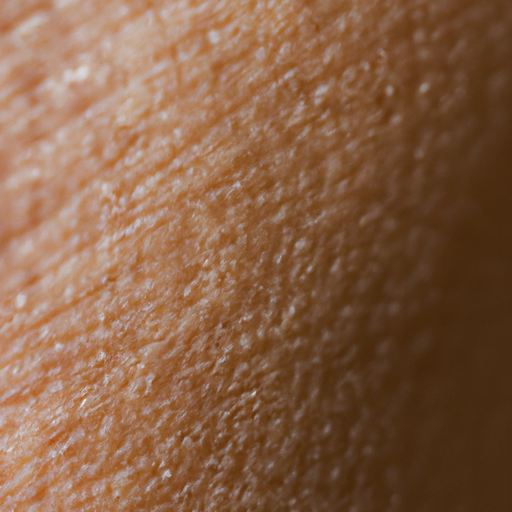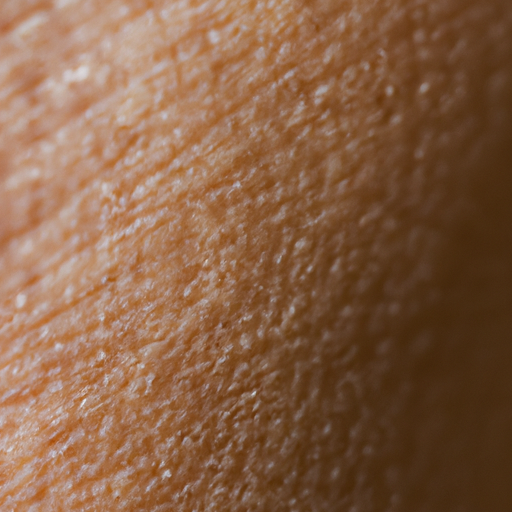Unmasking Radiance: The Ultimate Guide to Face Exfoliation
As a skincare expert, I can attest that the secret to a radiant, glowing complexion lies in the power of exfoliation. This essential skincare step is often overlooked, but it’s the key to unmasking your skin’s natural radiance. Let’s delve into the world of face exfoliation and explore its benefits, techniques, and best practices.
Exfoliation is the process of removing dead skin cells from the surface of your skin. Our skin naturally sheds these cells every 30 days or so, but sometimes, they don’t slough off as they should. When these cells accumulate, they can clog pores, leading to dull skin, acne, and other blemishes. Regular exfoliation aids in preventing these issues, revealing fresher, brighter skin underneath.
There are two main types of exfoliation: physical and chemical. Physical exfoliation involves using a scrub, brush, or other abrasive tools to manually remove dead skin cells. This method can be effective but must be done gently to avoid damaging the skin. On the other hand, chemical exfoliation uses acids or enzymes to dissolve dead skin cells. Alpha hydroxy acids (AHAs), beta hydroxy acids (BHAs), and retinoids are common ingredients in chemical exfoliants.
Choosing between physical and chemical exfoliation depends on your skin type and concerns. Sensitive skin types may prefer chemical exfoliants as they’re typically gentler and less likely to cause irritation. Meanwhile, those with oily or acne-prone skin might benefit more from physical exfoliants.
Regardless of the method you choose, it’s crucial to exfoliate correctly. Over-exfoliation can strip your skin of its natural oils, leading to dryness, irritation, and even breakouts. As a rule of thumb, start with once or twice a week and adjust according to how your skin responds. Always follow up with a moisturizer to replenish any lost hydration and protect your newly exposed skin cells.
Incorporating exfoliation into your skincare routine can bring about significant improvements. Regular exfoliation can help even out skin tone, reduce the appearance of pores, and enhance the absorption of other skincare products. It also stimulates collagen production, which can improve skin elasticity and reduce the appearance of fine lines and wrinkles.
However, while exfoliation is beneficial, it’s not for everyone. Those with skin conditions like rosacea or eczema should avoid exfoliating as it may exacerbate their symptoms. Always consult with a dermatologist or skincare professional before introducing new products or practices into your routine.
In conclusion, exfoliation is a powerful tool in unmasking your skin’s natural radiance. By understanding the process and its benefits, you can tailor your skincare routine to meet your unique needs and reveal your most glowing complexion yet. Remember, the key to successful exfoliation lies in moderation and listening to your skin. So, take the plunge and let your radiance shine through.




